December 1, 2015
Despite its drawbacks, LiFi has the potential to revolutionise office design 0
 During 2016, we can all expect to be hearing a lot more about a new technology called Li-Fi, which uses light to transmit high speed data. Li-Fi has already been trialled extensively in lab conditions and now for the first time it has been installed in an office in Tallinn, the capital of Estonia. It may even be substantially quicker than standard Wi-Fi. The people behind it claim it is already able to transmit data at a rate of 1 GB per second, which is around 100 times faster than Wi-Fi. Using light as a medium, however, does mean its main drawback is that it cannot penetrate walls. Designers and managers may also have concerns that the way it transmits data – basically by flickering the light from an individual LED like a massively sped up signal lamp (pictured) – but the developers claim this is completely imperceptible to the human eye and so has no consequences for individuals.
During 2016, we can all expect to be hearing a lot more about a new technology called Li-Fi, which uses light to transmit high speed data. Li-Fi has already been trialled extensively in lab conditions and now for the first time it has been installed in an office in Tallinn, the capital of Estonia. It may even be substantially quicker than standard Wi-Fi. The people behind it claim it is already able to transmit data at a rate of 1 GB per second, which is around 100 times faster than Wi-Fi. Using light as a medium, however, does mean its main drawback is that it cannot penetrate walls. Designers and managers may also have concerns that the way it transmits data – basically by flickering the light from an individual LED like a massively sped up signal lamp (pictured) – but the developers claim this is completely imperceptible to the human eye and so has no consequences for individuals.





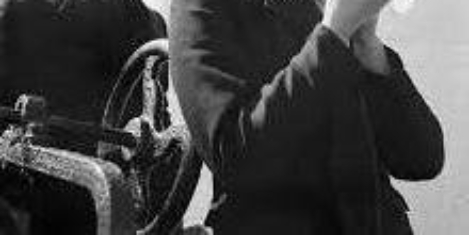

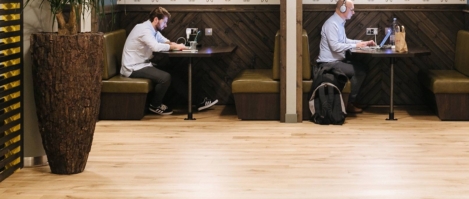
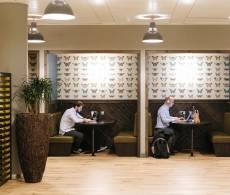
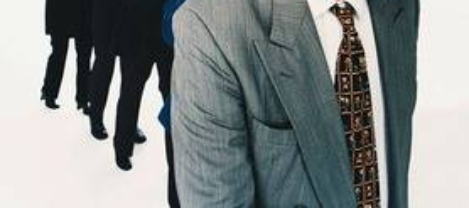





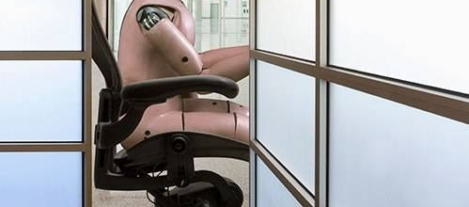
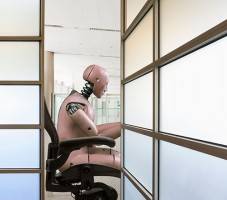
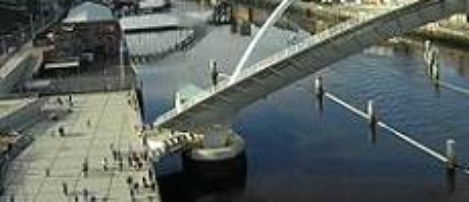

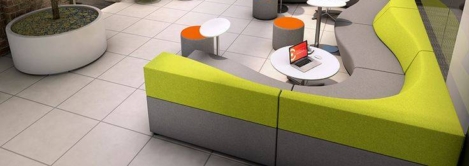
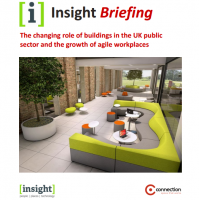



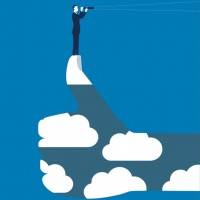








December 1, 2015
How our preconceptions can lead us to fail the office design bench test
by Mark Eltringham • Comment, Furniture, Workplace design
(more…)